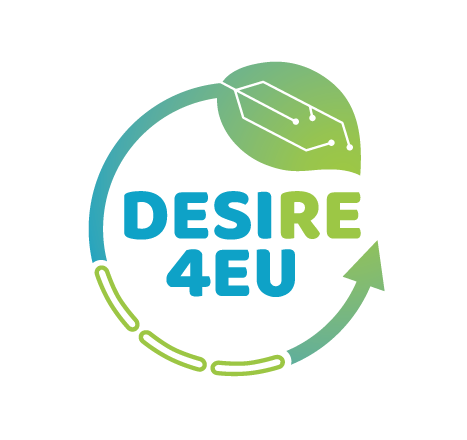Consortium Partners
European alliance dedicated to designing and recycling sustainable electronic boards for EU circular economy
Grenoble INP-UGA
Grenoble INP-UGA (project coordinator), Graduate Schools of Engineering and Management, Université Grenoble Alpes – France is made up of 8 engineering and management schools and 40 research laboratories. The Institute issues national degrees accredited by the French Ministry of Higher Education, valid and renowned worldwide. All programmes are open to foreign students fulfilling the general application requirements. In addition, specific programmes have been developed for international students.
Research at Grenoble INP-UGA Graduate Schools of Engineering and Management, Université Grenoble Alpes is conducted at the school’s national and international laboratories, which are operated jointly with French research organizations (IESA, CNRS, INRIA, IRD, and the CEA)within the Grenoble-Alps University community Université Grenoble Alpes, one of the top French universities, ranked 100-150 in the Shanghai ranking. The Institute’s internationally-renowned research is made possible by close cooperation between the different labs and the technology platforms’ advanced equipment and know-how.
Strong collaborations between scientific teams and cutting-edge technological resources to support research (technological platforms, etc.) allow Grenoble INP-UGA to reach a level of excellence recognized by the international community, and to actively participate in the construction of a European Research Area, with a strong expertise in the management of European projects, in particular Horizon Europe and H2020 projects (ICOS, NANONETS2SENSE, NEREID).
By the way, Grenoble INP-UGA Graduate schools of Engineering and Management, Université Grenoble Alpes, deploys a range of resources to support the transfer of innovative results from public research to the socio-economic world. The forms of cooperation are diverse: from one-off studies to the creation of companies, including research contracts with shared objectives.

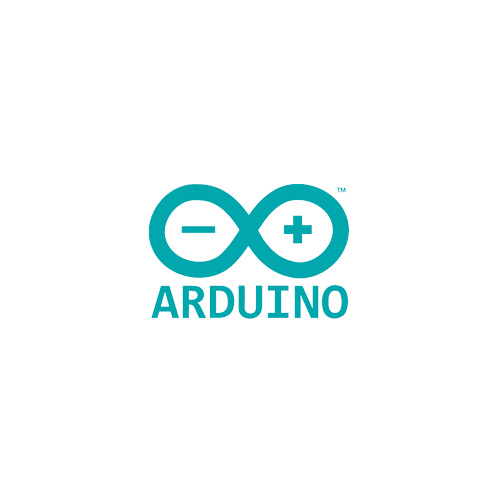
Arduino AB
Arduino AB is a subsidiary of Arduino SA, the open source hardware company. Arduino was created as an open source platform for artists and designers to get access to the complex world of electronics, sensors, and actuators. Through continuous user research, and community engagement, Arduino grew from a small project to a global company with over 400 distributors in practically all countries in the world.
Currently, Arduino works with three different lines of products: Education, Makers, and Professional. Education is loyal to the principles that started Arduino: we create technology that enhances the access to complex technologies for everyone. Makers looks at the life-long learning DIY community, creating inexpensive and open tools for the creation of everyday artifacts. Professional aims at transforming the way small and medium size enterprises can access contemporary technologies such as dedicated computers and cloud access by offering high value computation with state-of-the-art programming tools.
Arduino has participated in several EU projects and has obtained EU’s Innovation Luminary Awards for the success of bringing research to the market. Several commercial successes have come from the work in these projects: Arduino Yun, the first hybrid Linux-embedded machine, Portenta, Arduino’s multicore industrial machines, or the hot-plugable Eslov protocol are examples of Arduino’s technological excellence emerging from different projects. Currently, Arduino is one of the supporters of the TinyML foundation and collaborates with the activities of the ICTP network to make intelligence on the Edge accessible at all levels.
MESHINING Engineering
MESHINING Engineering is an engineering company providing services in the field of computer-aided design and simulation (CAD/CAE), manufacturing, tool development, prototyping, lightweight design and structural simulation.
Their areas of focus include mechanical engineering, polymers, resins, and thermal design. MESHINING, according to its experience of design for conventional Carbon and Glass Fibre Reinforced Polymers (CFRC, GFRC), developed new bio-composite, which consists of continuous natural Flax Fibres as reinforcement and 100% bio matrix resin called Polylactid, PLA. These bio-composites are recycable, biodegradable and compostable having very prosperous mechanical properties as well as competitive strength-to-weight ratio. MESHINING has also developed flame retardant solutions for both natural fibres and bio-resins (UL94 V-0, ISO 9772, ISO 9773, ISO 4589-1, ISO 13927, ISO 5660-1, EN 13501-1).

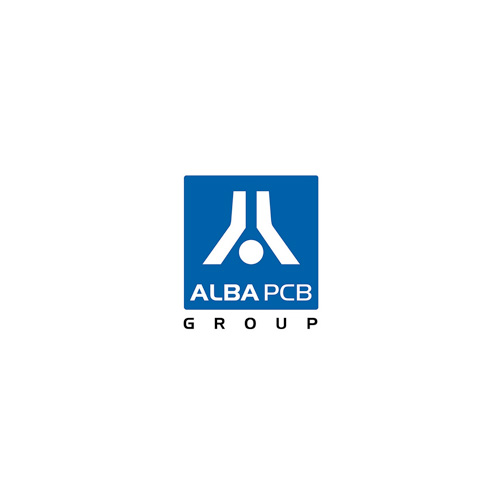
ALBA Elettronica
ALBA Elettronica is part of ALBA PCB Group, a leading manufacturer of printed circuit boards and embedded solutions with manufacturing facilities and technical centers in Italy, Germany, Poland, and China.
Based in Mogliano Veneto, Italy, ALBA Elettronica has 40 years of experience in the production of high-reliability interconnect products, including rigid, flex, and rigid-flex circuits for a wide range of sectors and applications. ALBA’s customer base includes commercial, medical, defense, aerospace, automotive, and industrial markets.
In 2020, ALBA Elettronica began the development of a “Green Factory Program” to reduce environmental impact and accelerate the implementation of new eco-compatible processes and materials.
Budapest University of Technology and Economics
The direct predecessor of the Budapest University of Technology and Economics (BME) was founded in 1782, which was the first institute in Europe to train engineers in university structure. The university’s fundamental task is to train professionals in the disciplines of technology, information technology, natural sciences, economics, business and management.
BME’s mission, inseparable from training and education, is to conduct scientific research which encompasses the three activities required to make up the innovation chain: fundamental and applied research, technological product and service development, and the application of research findings. The number of students was around 20.000 in 2022 with around 1160 teachers; the numbers reflect the significance of the university in national relation.
The Faculty of Electrical Engineering and Informatics (VIK) of Budapest University of Technology and Economics (BME) carries the traditions forward. Many multinational electronics and IT corporations have established R&D laboratories and centres attached to various departments of the faculty. The Faculty has been committed in performing high quality and internationally recognized research activities in the fields of theoretical and applied engineering electromagnetics, electron devices, electronic technologies, power engineering, theoretical and applied computer science, information theory, automation and applied informatics, measurement and information systems, control theory and engineering, communication theory, telecommunications and media informatics, networked systems and services.
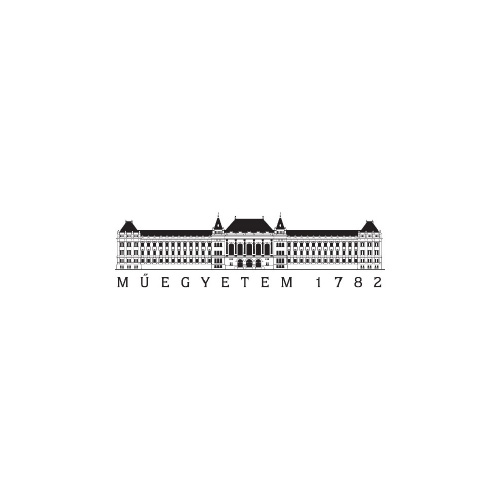

ABchimie
ABchimie is a French company, part of Chase corporation group. It creates, manufactures and distributes for more than twenty years, chemical professional solutions for protection and cleaning electronic circuits. With an important range of products consisting of resins, conformal coatings, silicones, maintenance and cleaning solutions, ABchimie is able to answer any specific need.
With an international presence, the company figures among its loyal customers many multinationals companies such as Schneider, Alstom, Zodiac, Sagem Defense, Renault, Volvo, BMW,…
In order to be always innovative, the company puts research and development at the heart of its business. ABchimie has a reliable and secure supply chain that has allowed it to be trustworthy with its customers. The company provides uniform and qualitative products and services (Certified ISO 9001:2015). ABchimie is willing to respect the environment by offering green alternatives for the majority of its products and by implementing environmental measures and improvement points (Certified ISO 14001:2015).
The SiNANO Institute
The SiNANO Institute is the European Academic and Scientific Association for Nanoelectronics, acting as a network of excellence connecting the European Research and Academic community in semiconductor science and technologies. It gathers 27 academic/RTO members and 22 deep-tech start-ups in the area of fabrication, characterization, modelling, design and simulation of emerging nanoelectronic materials, devices, circuits and systems from 16 European Countries.
The SINANO mission is to secure the future of European semiconductor science and technology by mobilising and nurturing the European R&I community, promoting and strengthening synergies in the field through our membership, accelerating the translation of excellent research into European knowhow, technologies, and products, ensuring the pipeline of talented researchers and the growth of skilful talent in an inclusive and diverse environment with equal opportunities for all. In this framework, the SiNANO Institute organises large-scale events, specialised workshops, webinars, summer schools and dedicated sessions for Junior Researchers.
The SiNANO Institute is also organising international Workshops and Conferences to develop high competence levels in Europe, and to drive roadmap definition. In this context, SiNANO is the European representative of IRDS “International Roadmap for Devices sand Systems”. SiNANO plays an important role in structuring EU programmes and nurturing synergies in the European ecosystem. In collaboration with Research Institutes and Industry, SiNANO strengthens the overall innovation efficiency of the European research in Nanoelectronics.
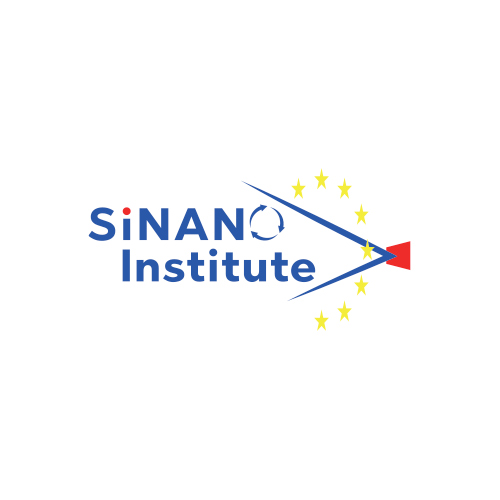
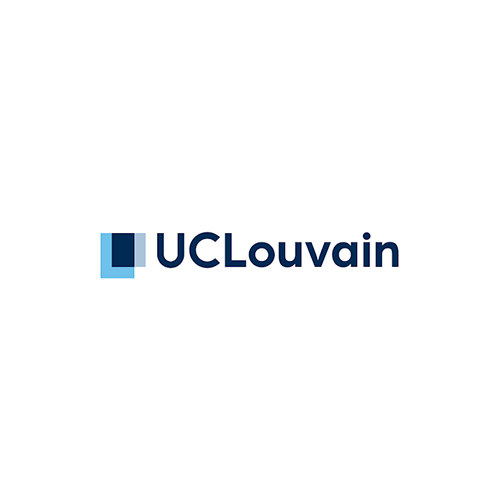
UCLouvain
The Université Catholique de Louvain (UCLouvain) is the largest university in the French community of Belgium with more than 40,000 students. The ICTEAM institute of UCLouvain gathers 200 researchers in the fields of electrical engineering, computer science and applied mathematics with 40 faculty members. The group involved in DESIRE4EU project has developed the technical knowledge and the scientific expertise related to the Life Cycle Assessment, eco-design, fabrication and measurement of a wide variety of electronics devices.
In the technological platforms, Winfab (clean room facilities) and Welcome (electrical characterization), test structures will be defined and fully characterized on the new proposed PCB to extract their main features and define guidelines for its optimization.
Being academic partner, UCLouvain assures the training of future high-quality specialists (engineers, researchers) towards a sustainable electronics industry, and long-lasting use of obtained results through their patenting, creation of spin-offs, and a wide dissemination of good practices.
